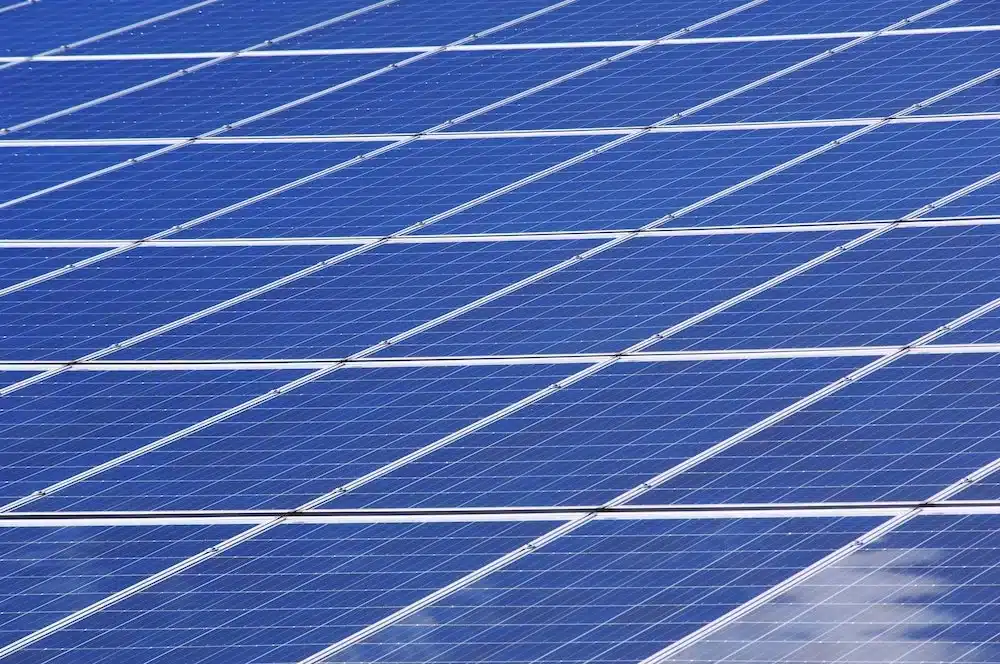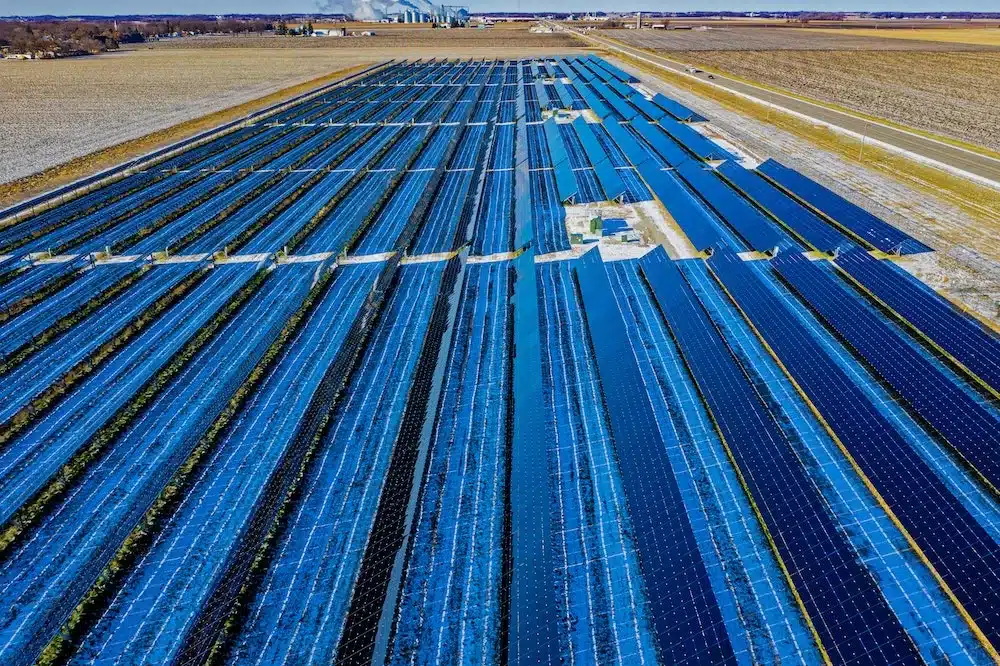
The Investment Tax Credit for Carbon Capture, Utilization, and Storage (CCUS)
The global concern over rising Carbon dioxide (CO 2 ) emissions and their significant contribution to climate change has prompted governments, industries, and researchers to explore innovative solutions. One such solution is the development and implementation of Carbon Capture, Utilization, and Storage (CCUS) technologies. To encourage the adoption of these technologies and accelerate emission reduction efforts, the Canadian government has introduced various incentives, including the CCUS Investment Tax Credit (ITC). This article focuses on the CCUS ITC, its objectives, eligibility criteria, rates, and reporting requirements.
Understanding the CCUS Investment Tax Credit
The CCUS ITC is a financial incentive offered to businesses and industries that invest in CCUS projects. This Tax credit was initially introduced in the 2022 Federal Budget and further design changes were made available in the 2023 Federal Budget. More recently, on August 4, 2023, draft legislation reflecting these new amendments was released. The primary goal of this tax
credit is to encourage the adoption of CCUS technologies, which play a crucial role in mitigating CO 2 emissions from high-emission sectors such as industrial processes and power generation. Incentivizing the construction and operation of CCUS projects facilitates the transition towards a more sustainable and environmentally friendly future.
Eligibility and Criteria
To be eligible for the CCUS ITC, projects must meet certain criteria and guidelines. One of the key requirements is the submission of a CCUS project plan for evaluation by the Minister of Natural Resources. This plan must include a comprehensive front-end engineering study for the project, an estimate of the quantity of captured carbon that will be utilized for eligible and ineligible purposes, and adherence to relevant environmental laws and regulations. Furthermore, eligible CCUS projects must allocate at least 10% of the captured carbon for “eligible use” during the first 20 years of the project’s operation. “Eligible use” broadly refers to the storage of captured CO 2 in dedicated geological storage or its utilization in producing concrete, with a significant portion of the added CO 2 expected to be mineralized and permanently stored in the concrete. Lastly, all project stages and guidelines must comply with relevant federal, provincial and municipal environmental laws, by-laws and regulations.
Investment Tax Credit Rates
The investment tax credit rates under the CCUS ITC vary based on the nature of the project. As outlined in Budget 2022, the rates are as follows:
1. 60% for investments in equipment designed for direct air capture projects.
2. 50% for investments in equipment for capturing CO 2 in all other CCUS projects.
3. 37.5% for investments in equipment related to transportation, storage, and utilization.
It is noteworthy that these rates are designed to decrease over time, with proposed reductions to 30%, 25%, and 18.76% for the period between 2031 and 2040. This progressive reduction aims to encourage industries to adopt CCUS technologies and expedite emission reduction efforts.

In the face of the escalating climate crisis, the CCUS Investment Tax Credit has emerged as a crucial policy instrument to drive the adoption of Carbon Capture, Utilization, and Storage technologies.
Long-Term Reporting and Transparency
Recognizing the significance of transparency and accountability in environmental initiatives, the CCUS ITC introduces reporting requirements for larger cost projects. For projects with eligible expenses exceeding $20 million, corporations are mandated to prepare an annual Climate Risk Disclosure report. This report aims to enhance transparency regarding climate-related risks
associated with the project.
Projects with cumulative eligible expenses surpassing $250 million are required to produce a public “knowledge sharing report.” The specifics of this report are expected to be developed by Natural Resources Canada, and it is intended to facilitate the dissemination of valuable information and insights gained from these larger-scale CCUS projects.
Conclusion
In the face of the escalating climate crisis, the CCUS Investment Tax Credit has emerged as a crucial policy instrument to drive the adoption of Carbon Capture, Utilization, and Storage technologies. Offering financial incentives encourage businesses and industries to actively participate in emissions reduction efforts. As the world strives to transition to a low-carbon future, the CCUS ITC serves as a beacon of hope, fostering innovation, sustainability, and a cleaner planet for generations to come.
If you need any assistance with the CCUS ITC, or any tax matter, please give us a call!
**Disclaimer
This article provides information of a general nature only. It does not provide legal advice nor can it or should it be relied upon. All tax situations are specific to their facts and will differ from the situations in this article. If you have specific legal questions you should consult a lawyer.

